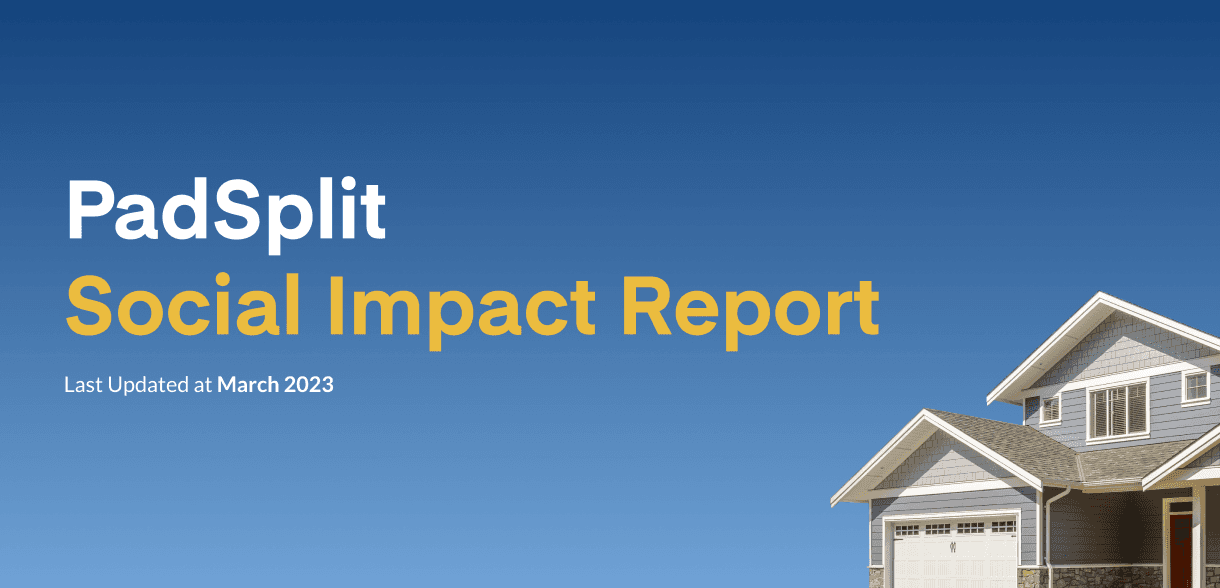As a renter, understanding how much your landlord can increase your rent is crucial for effective budgeting and planning. Rent increases can impact your housing stability, so it’s essential to be informed about your rights and local regulations. Let’s break down the factors that influence rent increases, the impact of inflation, and what you can do if you receive a notice of a rent hike.
1. Know your rights
First and foremost, familiarize yourself with your rights as a tenant. Many areas have laws regulating how much a landlord can increase rent, including specific limits on percentage increases and guidelines on notification periods. Research your local housing authority’s regulations to ensure your landlord is compliant.
Key points to consider:
- Rent Control Laws: Some cities have rent control measures that cap annual increases.
- Notice Requirements: Generally, landlords must provide written notice of rent increases, typically 30 to 60 days in advance.
2. Understanding rent increases
Rent increases can happen for various reasons, including rising property taxes, maintenance costs, or changes in the rental market. However, landlords must usually provide a valid reason for the increase. Knowing the factors at play can help you assess whether a proposed increase is reasonable.
Common reasons for rent increases:
- Market Trends: If rents in your area are generally rising, your landlord may adjust rent accordingly.
- Property Improvements: If your landlord has made significant upgrades or improvements, they might justify a rent increase.
How often can a landlord increase the rent?
The frequency with which a landlord can increase rent largely depends on local laws and the terms of the lease agreement. In many areas, landlords can raise rent at the end of a lease term, while some regions have rent control laws that limit how often and how much rent can be increased.
Typically, landlords are required to provide tenants with advance notice—often 30 to 90 days—before implementing any increase. It’s essential for tenants to familiarize themselves with their local regulations, as these rules can vary significantly, impacting how often and by how much rent can be adjusted.
3. The impact of inflation
Inflation can significantly affect rental prices. As the cost of living increases, landlords may raise rents to keep pace with rising expenses, including maintenance and property management costs. Understanding how inflation impacts housing costs can help you contextualize any rent increase you may face.
Key points about inflation:
- Economic Trends: Rising inflation often leads to higher operational costs for landlords, which can result in increased rents.
- Budgeting Considerations: Keep inflation in mind when planning your rental budget for the future.
4. Evaluate the proposed increase
When you receive a notice of a rent increase, take the time to evaluate the proposed amount. Is it in line with market rates? Are there new amenities or services that warrant the increase? Doing a little research can help you understand whether the increase is fair.
Research tips:
- Check Comparable Listings: Look for similar rental properties in your area to see how their prices compare.
- Consider Amenities: If your rental includes utilities, internet, or other conveniences, these factors can justify a higher rent.
5. Open communication with your landlord
If you have concerns about a rent increase, don’t hesitate to communicate openly with your landlord. Ask for clarification on the reasons behind the increase. A constructive conversation can sometimes lead to compromises or solutions.
- Be Respectful and Direct: Approach the conversation with an open mind and be ready to listen.
- Document Everything: Keep records of any communication regarding rent increases for future reference.
6. Consider your options
If the proposed rent increase is significant or seems unreasonable, you have a few options:
- Negotiation: You can propose a smaller increase or a longer timeline for the adjustment.
- Seek Assistance: Local tenant advocacy organizations can provide guidance and support if you feel your rights are being violated.
- Explore Alternatives: If the increase is too steep, consider looking for more affordable housing options. Platforms like PadSplit offer affordable room rentals that may fit your budget better.
7. FAQs about rent increases
What can I do if my landlord doesn’t follow notice requirements?
If your landlord fails to provide proper notice for a rent increase, you can discuss the issue with them and remind them of the legal requirements. If the situation isn’t resolved, consider seeking assistance from a local tenant advocacy group or legal aid.
Can I refuse to pay a rent increase?
While you may be unhappy about a rent increase, refusing to pay can lead to eviction. It’s best to negotiate or explore alternative housing options.
What should I do if I can’t afford the new rent?
If the new rent is unaffordable, consider discussing your situation with your landlord. You may be able to negotiate a lower increase or ask about payment plans. If that doesn’t work, start exploring more affordable housing options like PadSplit’s rooms for rent.
Here are some valuable resources for renters looking to learn more about their rights and options regarding rent increases:
National resources
- National Low Income Housing Coalition (NLIHC)
- NLIHC provides information on housing policies and advocacy resources for low-income renters.
- Tenant Resource Center
- Tenant Resource Center offers guidance on tenant rights, including resources for addressing rent increases.
- U.S. Department of Housing and Urban Development (HUD)
- HUD provides information on tenant rights, fair housing laws, and resources for renters facing issues.
State and local resources
- National Housing Law Project
- National Housing Law Project features state-specific resources, including legal aid contacts and tenant rights information.
- Legal Aid Society
- Legal Aid Society (or your local legal aid organization) offers free legal assistance to low-income individuals, including renters facing unfair rent increases.
- Local Tenant Unions
- Many cities have tenant unions or advocacy groups that provide resources and support. For example, you can search for tenant unions in your area through Tenant Union.
- State-Specific Tenant Rights Websites
- Check your state’s housing authority website. For example:
- California Department of Consumer Affairs: Tenant Rights
- New York State Division of Housing and Community Renewal: Tenant Information
- Check your state’s housing authority website. For example:
City-specific resources
- City Housing Authorities
- Many cities have housing authorities that provide resources for renters. Search for your city’s housing authority online (e.g., Los Angeles Housing Authority, Chicago Housing Authority).
- Local Housing Advocacy Groups
- Many regions have specific housing advocacy organizations that provide tailored support. A quick search for “housing advocacy [your city]” can yield valuable local resources.
Additional tools
- Rentometer
- Rentometer is a tool that helps you analyze rental prices in your area to compare and determine if your proposed increase is reasonable.
By utilizing these resources, you can empower themselves with knowledge and support to navigate the complexities of rent increases effectively.
Understanding how much your landlord can increase rent is vital for your financial health and housing security. By knowing your rights, staying informed about market trends and inflation, and maintaining open communication, you can navigate rent increases more effectively.
If you’re facing a significant hike or need assistance finding affordable housing, reach out to PadSplit. We’re dedicated to providing secure, community-oriented housing solutions that fit your budget and lifestyle.
Explore your options with PadSplit today, and let us help you find a living situation that meets your needs. You can apply for a membership in minutes and book a room today! Move in as early as tomorrow!


